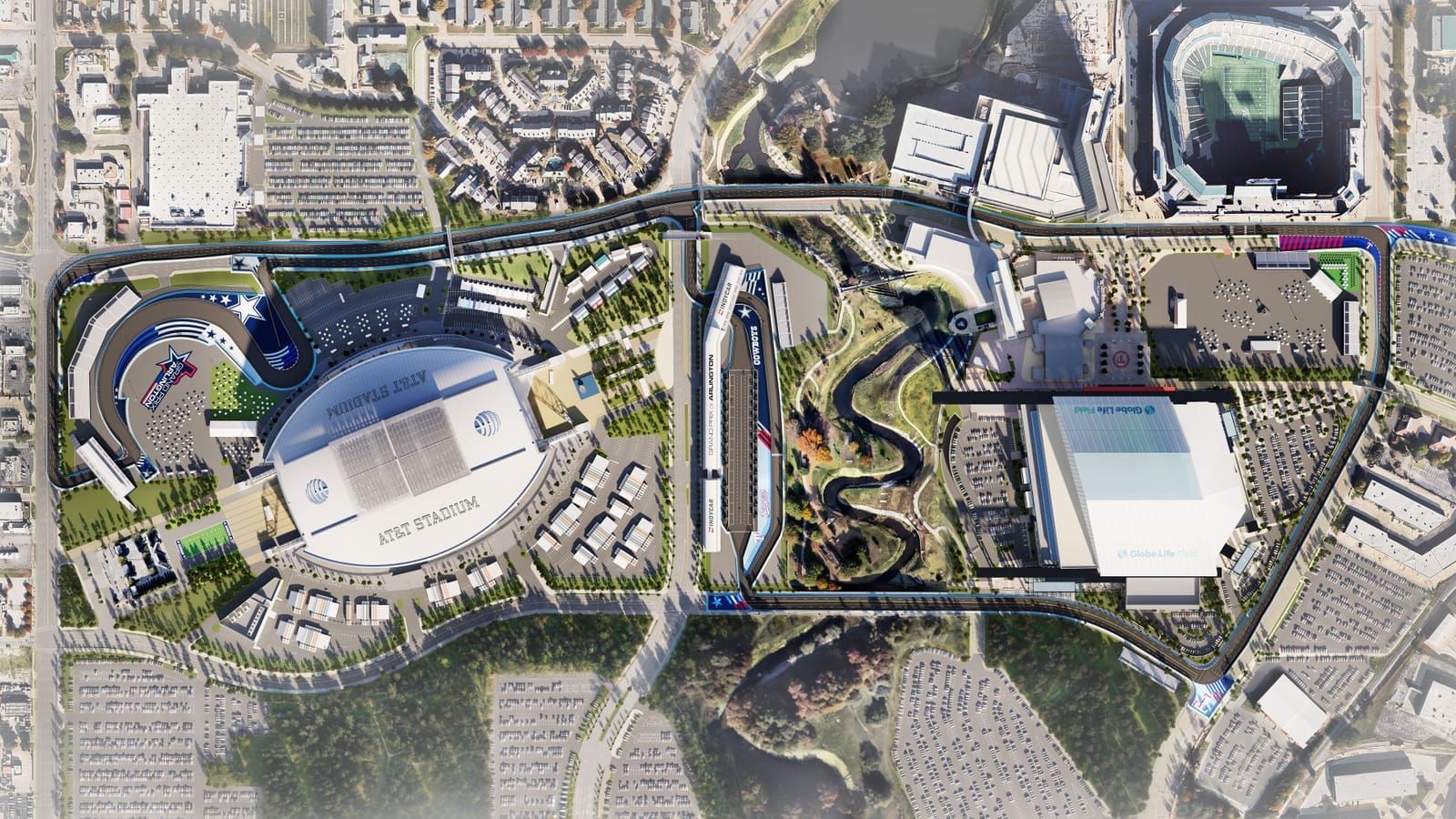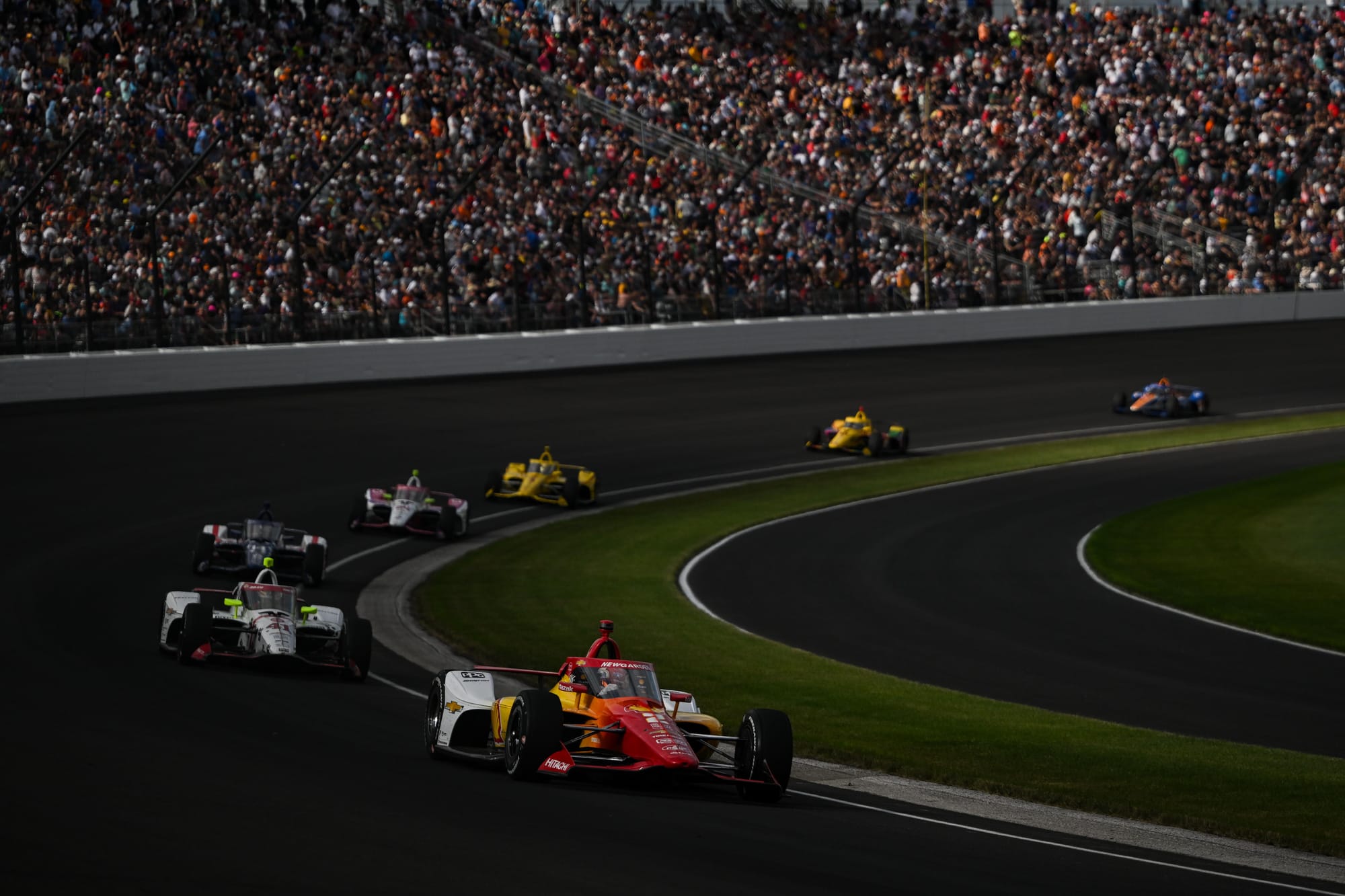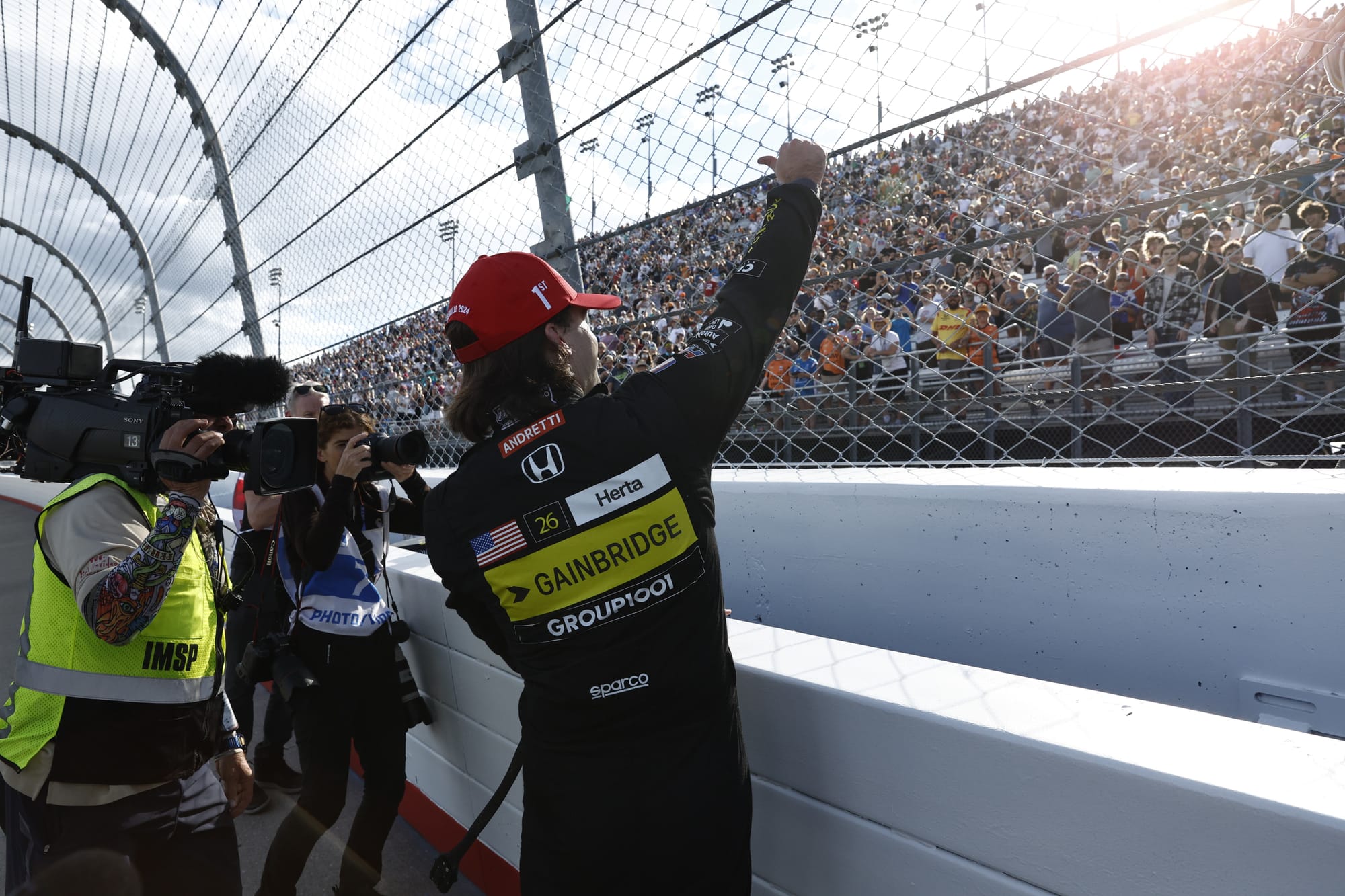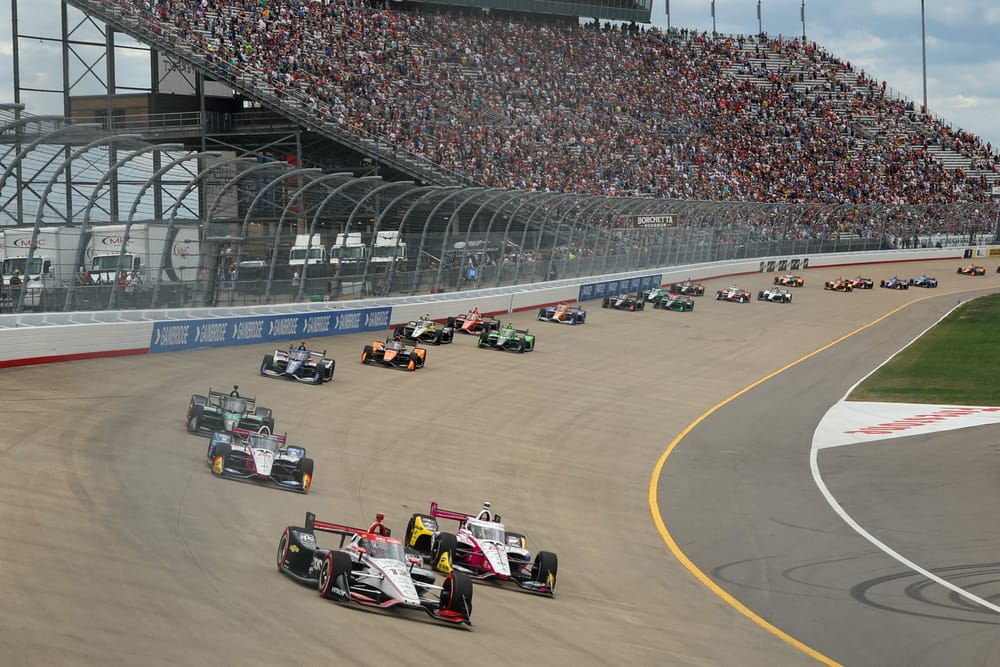Why is IndyCar meddling in and controlling more than half of its events?
For very, very good reason.
In January, it was announced that IndyCar parent company Penske Entertainment would take over the promotion of the Nashville series finale. That means it now promotes, owns, or plays a significant role in the following events: Long Beach, Indianapolis road course, Indianapolis 500, Detroit, Iowa (two races) and Nashville. That's seven races on the 17-event calendar.
That number will grow with the confirmed Dallas street race in 2026 and, if it can get it over the line, a Denver street race at a future time, too.

This is up exponentially from the number of events IndyCar promoted prior to Roger Penske taking over in 2020.
There's been a lot of criticism aimed at certain IndyCar events in years prior and they share a theme. Things such as low attendance because of ineffective promotion, or poor podium ceremonies and visuals making the series look more like a lower-class event than what it aspires to be.
There are downsides to hosting events. The investment required to put on the event, the logistics and the number of people required to run each race.
But the upsides are control over delivering an event tailored to your brand, increases in attendance and event loyalty, and knowledge, too. On the final point, IndyCar's bit-by-bit increase in promoting events has allowed it to train staff and let them get familiar with what this takes. By the time we get to Dallas next year, there will be event-promoting veterans on the staff.
IndyCar has made no secret of its desire to race in cities and it has not closed the door on international expansion either.
One of the barriers to this is finding a group locally that wants to take on the time and investment needed to stage an elite motor race. IndyCar is alleviating that problem because it has trained its staff across years of events to be ready to parachute in.
Penske also has a massive network of sponsors and partners that can help with all aspects of putting a race on. It is likely to be able to invest larger sums where required than a local group promoting the event.
Its Indy 500 ticket office sells over 300,000 tickets alone each year, so it can centrally handle the nuts and bolts of ticket sales and fan assistance, too. And likely to a higher standard than most.

With this model it's also less exposed to external event organisers having financial or personnel issues.
IndyCar has proven with events like Iowa, a short oval which has been notoriously hard to get bums on seats at in the past, that it can take an event from nothing and build it into a success almost immediately.
Whether it can keep that going in the long term is yet to be seen, but as long as it doesn't just turn off the funding taps for some of these events, why should there be any problem?
And taking the promotion in-house doesn't mean that it can't hand that event to another group in the future with the practices, habits and blueprints designed in a way that IndyCar wants.

The Nashville event was fantastic last year, even after it had to move from a street race to an oval setting, as the street race plans weren't advanced enough and there was a change of promoter.
While the event came out great - mainly thanks to IndyCar fan and long-time sponsor Scott Borchetta and his Big Machine brand, it wouldn't do for the uncertainty over the season finale to become a repeat, and taking over gives IndyCar the control it needs over arguably the most important event of the year outside of the Indy 500.
As you can see, there are so many upsides to this strategy that it is one thing IndyCar is really nailing at the moment.



